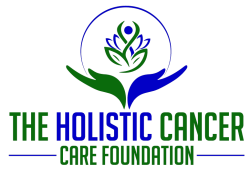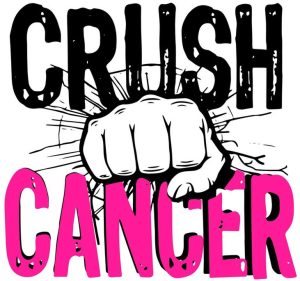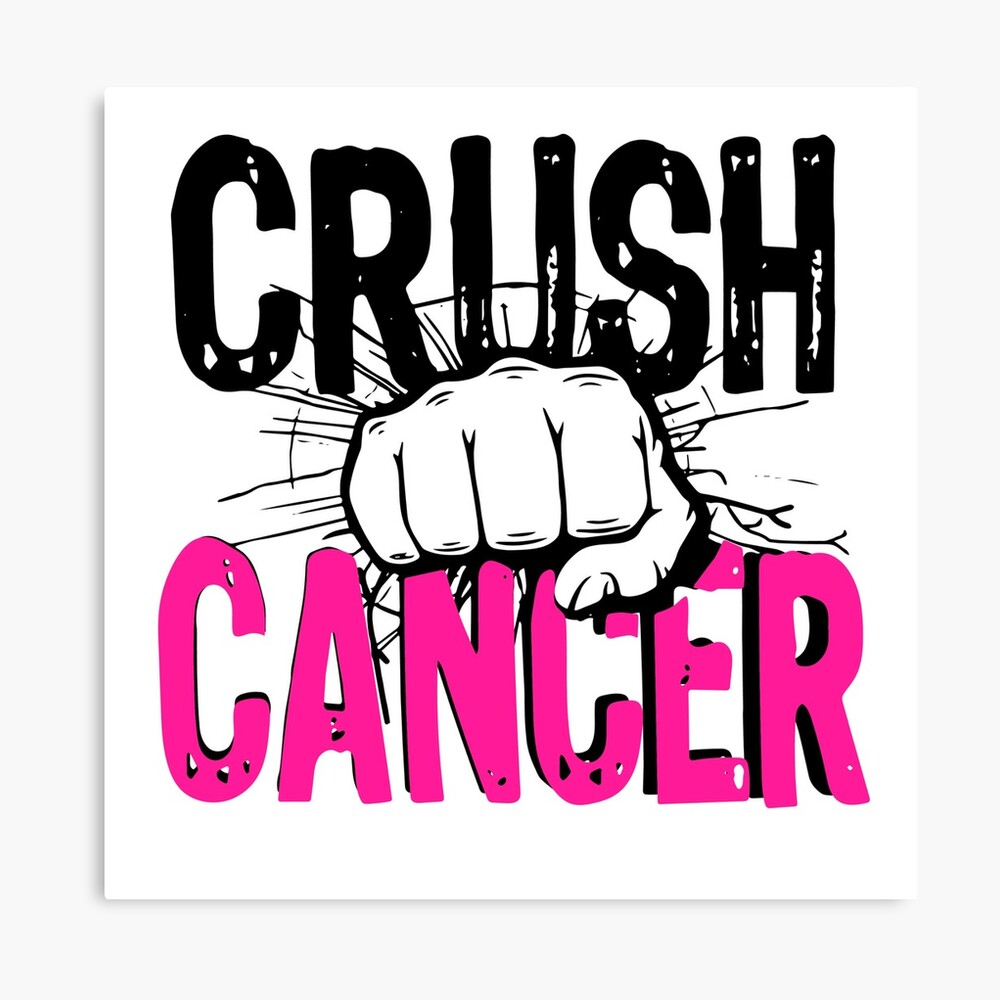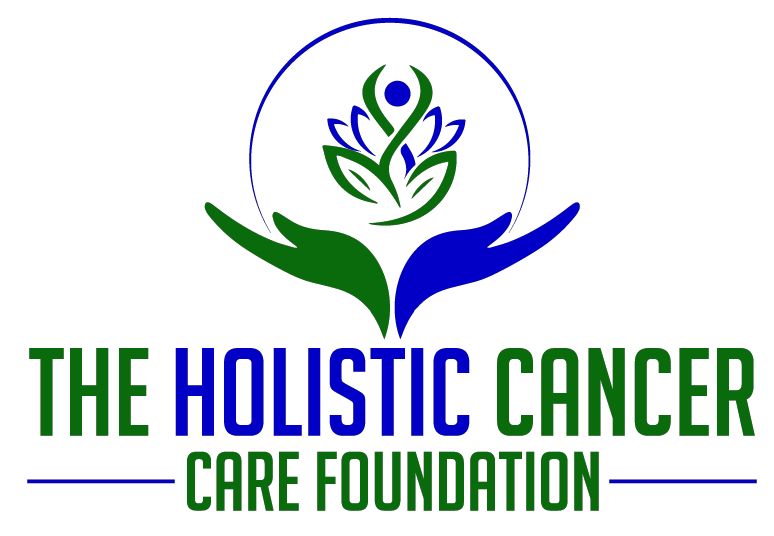Up until I was diagnosed with stage 4, metastatic melanoma in the summer of 2019, my perception of cancer was this insurmountable black cloud that permeated every aspect of one’s life and meant you now had a more certain and unavoidable date with the grim reaper. Unfortunately, this perspective continues to be widely held, is constantly fueled by the “business” side of our healthcare system and, in reality, could not be further from the truth. I have come to learn that a cancer diagnosis is definitely NOT a death sentence, but rather a very loud wake-up call that certain components of your environment or lifestyle are robbing you of your health. I did not fully appreciate it at the time, but in order for cancer to get a foothold, your God-given, miraculous immune system has become, in some way, materially compromised. In my case, confronting the diagnosis with my oncologist was just another of life’s hurdles thrown at me, albeit a massive one, but instead of reacting from dread and fear, I immediately went into problem-solving mode, an automatic reaction I have come to understand developed within me from early childhood.
Sadly, the more typical reaction when faced with a cancer diagnosis is despair, hopelessness, fear, and dread. This is, in part, due to our continued misunderstanding of the disease and, most distressingly, the manner in which the news is delivered. Oncologists are now becoming more aware of the “nocebo effect”, which is the opposite of the “placebo effect”. Where the immensely positive impact of a placebo is well documented, the devastatingly negative psychological effect of an authority figure in a white coat telling you to get your affairs in order has been greatly ignored. If a trusted, often revered, professional tells you your days are numbered, there is a perfectly understandable and reasonable tendency to internalize that message. It becomes part of who you are and, subconsciously, your ego begins to immediately orchestrate your life towards that end.
The answer to eliminating any “nocebo effect” is education. Understanding that over 90% of cancer is caused, and may be cured, by environmental or lifestyle choices is tremendously empowering. Internalization of this concept moves you from a helpless victim to the master of your outcome. I encourage you to investigate the new field of epigenetics, in which there is mounting evidence that we have far more control over the development of chronic diseases like cancer than previously believed.
I received a call from a friend a few weeks ago who had just received news that he had been diagnosed with an aggressive, inoperable brain tumor. It was the result of an MRI taken a few days earlier and he was already resigned to his near-term death. The call was to ask if I would look after his wife when the inevitable happened. It was absolutely tragic, totally devoid of any hope whatsoever. I spent hours over the next few days sharing what I had learned during my cancer journey and his subsequent education now has him on a path of understanding treatment alternatives and, most importantly, has given him a sense of hope. There are thousands of cases where patients were on their deathbed, given no chance of survival by the medical staff, yet are perfectly healthy years later. A great resource in that regard is a book written by Kelly Turner, a Ph.D. who investigated over a thousand of these “spontaneous remissions”, so called by the medical community. Her book, “Radical Remission”, suggests nine factors common among those who have survived seemingly insurmountable odds and they all represent some aspect of lifestyle or the environment.



